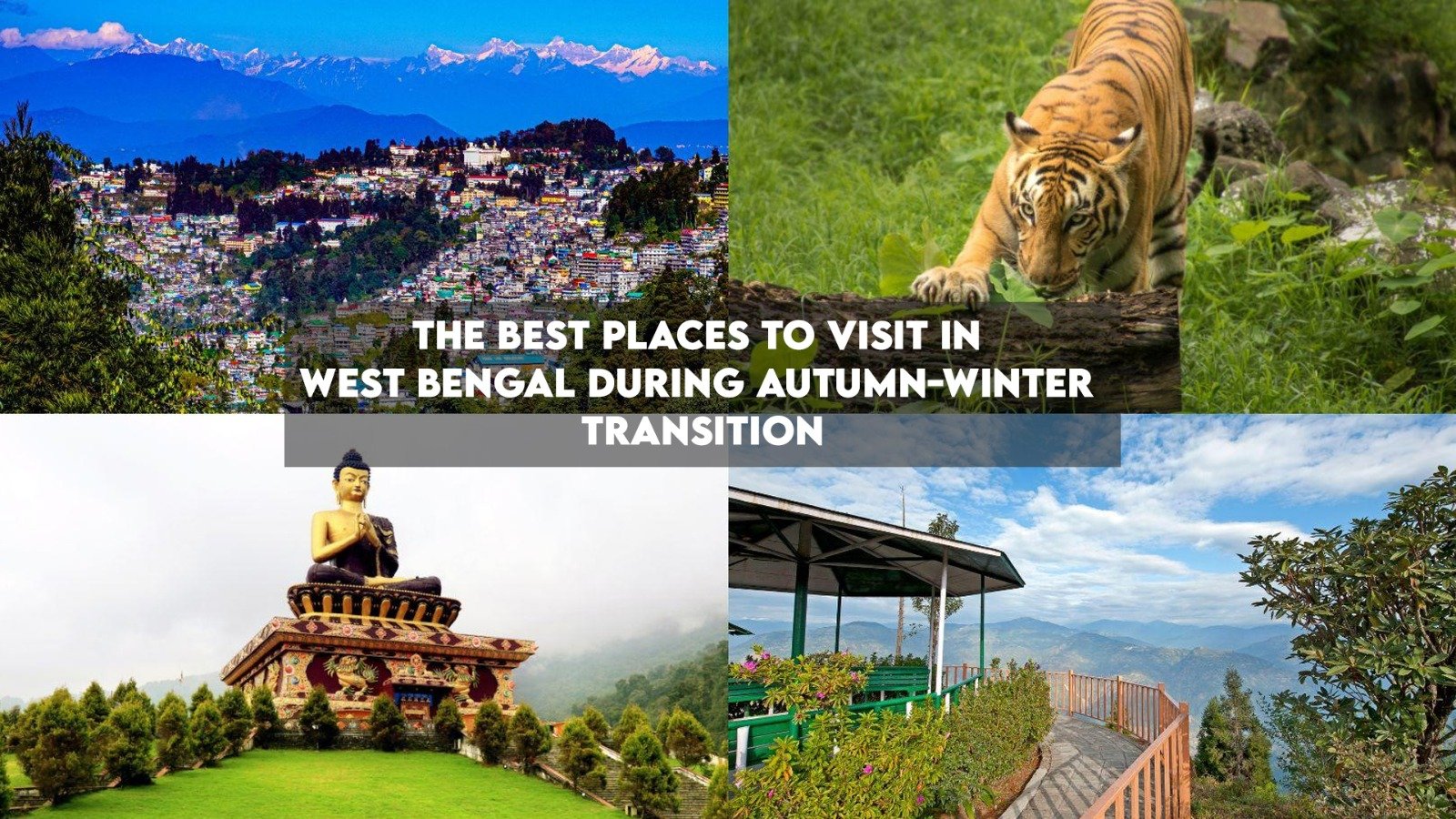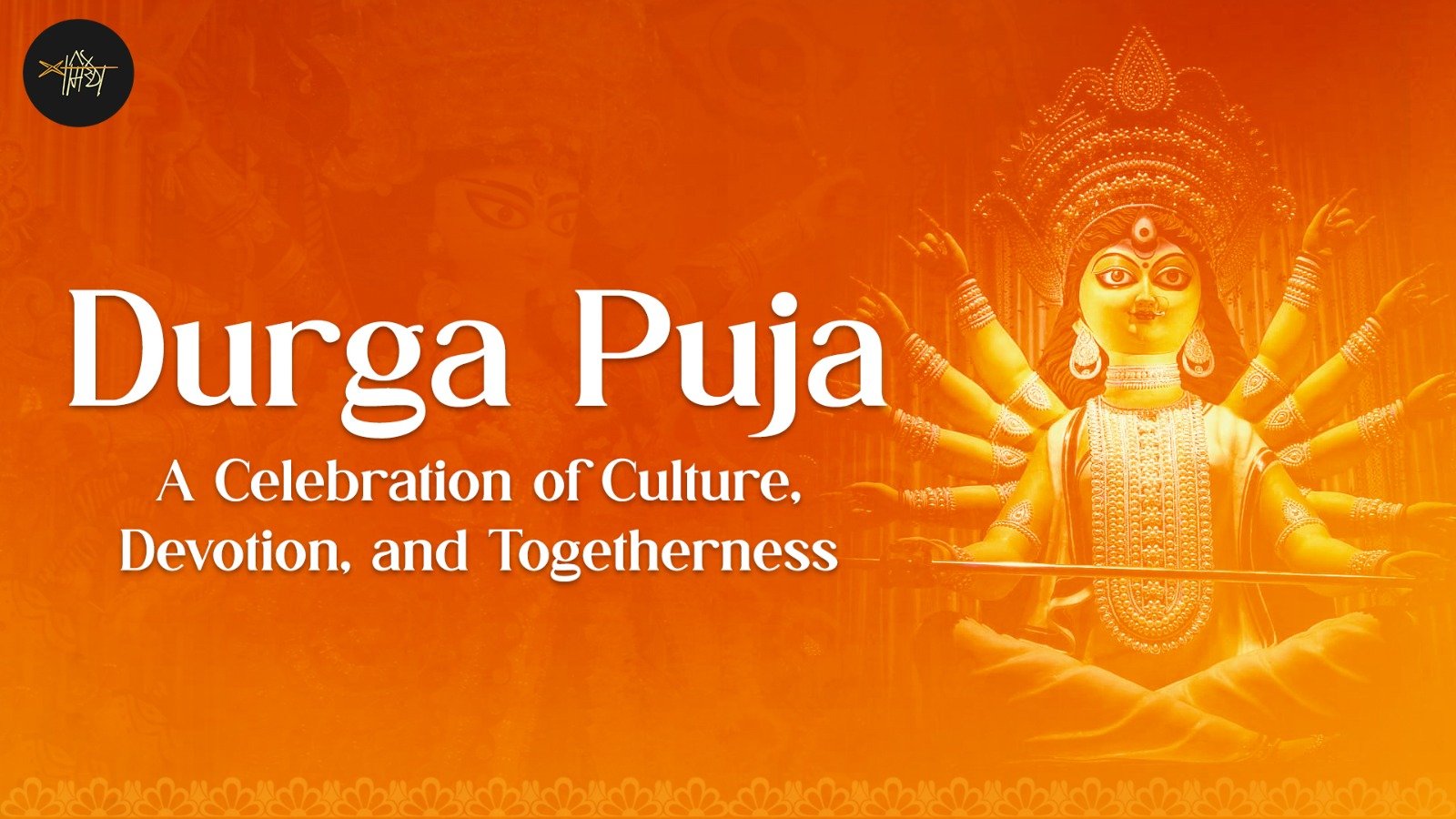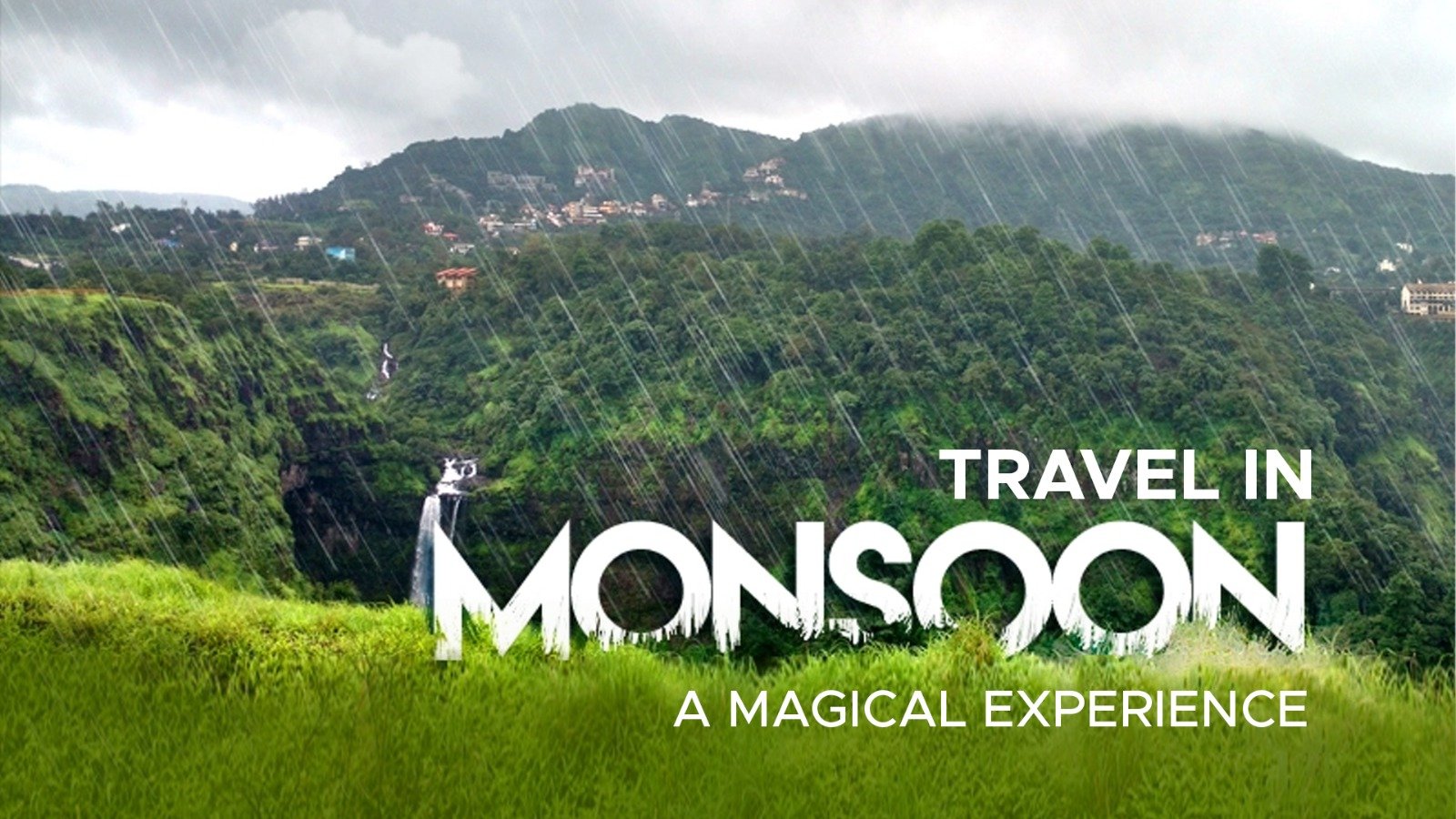Earth Day is a yearly celebration of the planet's ecology and a public awareness campaign concerning pollution. The day, which falls on April 22, is honoured by rallies, seminars, outdoor events, and service projects throughout the world. Earth Day is a day set aside each year to consider how your actions affect the environment. People consider new strategies to lessen their carbon footprint and enhance water quality on this day. They join together to get their hands dirty and make serious efforts to make the world a better, healthier place to live. Earth Day is a significant day for people to take time out of their busy lives to reflect on humanity's influence on the environment and to take actions to reduce that impact.
The first Earth Day was held in 1970 and is often considered the start of the modern environmental movement. Since then, it has evolved into an annual event celebrated worldwide. Celebrating this annual event for over 50 years, our planet is on a fast track to disaster making the fight for a clean environment more urgent than ever.
Global warming only refers to Earth‘s rising surface temperature while climate change includes that warming as well as its consequences – like melting glaciers, heavier rainstorms, or more frequent drought. In other words, global warming is one part of a much larger problem of human-caused climate change.
Typically, global warming refers to human-caused warming — warming due to the rapid increase in carbon dioxide and other greenhouse gases caused by burning coal, oil, and gas; emitting aerosol pollution into the atmosphere, or deforestation (transforming Earth's landscape from carbon-storing forests to farmland). Climate change, on the other hand, can refer to both human-caused changes and natural ones, such as ice ages.
In 2009, the United Nations designated April 22 as “International Mother Earth Day”. According to the UN, International Mother Earth Day is celebrated as a reminder that the Earth and its ecosystems provide us with life and sustenance. ―The healthier our ecosystems are, the healthier the planet – and its people.
Restoring our damaged ecosystems will help to end poverty, combat climate change and prevent mass extinction. But we will only succeed if everyone plays a part,‖ the UN states.






